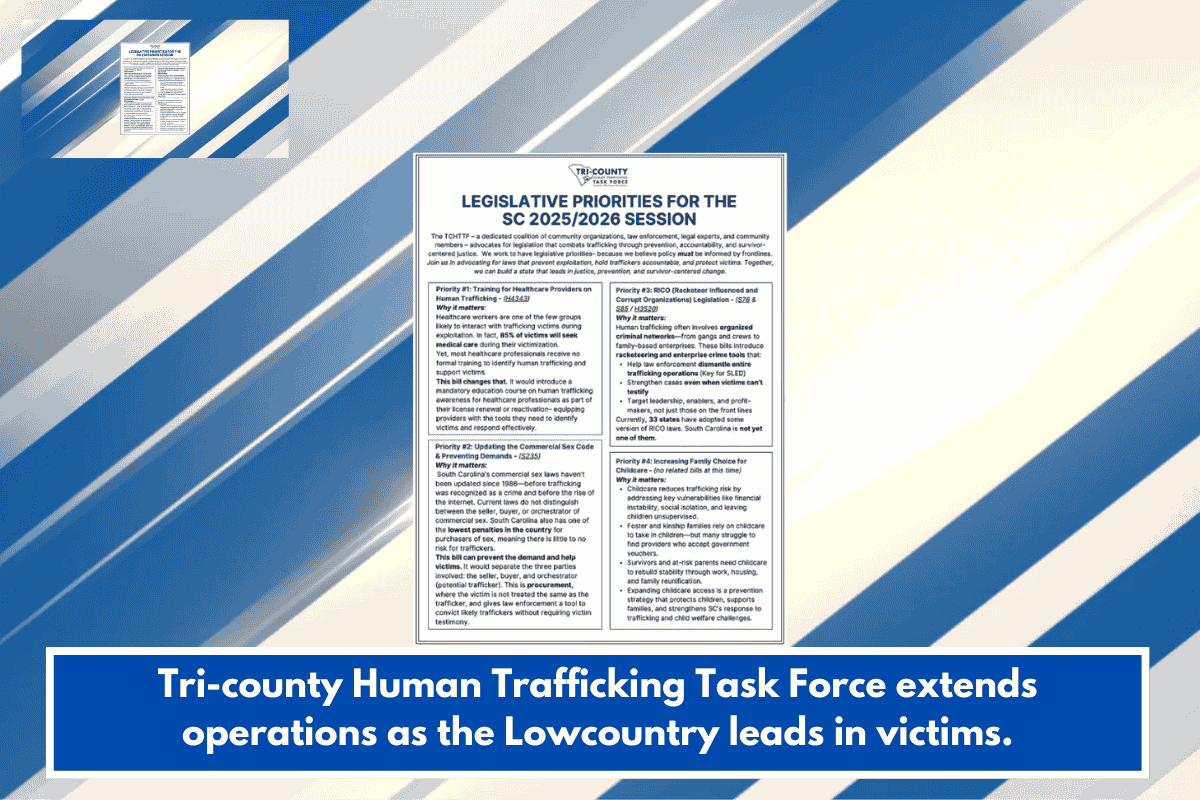Rent increases can be a source of stress for tenants, especially if they feel like their rent is rising too quickly or without warning. In Idaho, as in other states, there are laws that govern how and when landlords can raise the rent. If you’re renting in Idaho in 2025, it’s important to understand your rights regarding rent increases. Here’s what tenants in Idaho need to know about the state’s rent increase laws.
1. No Rent Control in Idaho
Unlike some states, Idaho does not have rent control laws. This means that, in most cases, there is no cap on how much a landlord can increase rent. However, there are still rules that landlords must follow, particularly when it comes to notifying tenants of a rent increase and the timing of that increase.
2. Notice Period for Rent Increases
Under Idaho law, landlords must provide tenants with advance notice before increasing the rent. The notice period depends on the type of rental agreement you have:
- Month-to-Month Leases: If you are on a month-to-month lease (which is common for many tenants), the landlord must provide at least 30 days’ written notice before increasing the rent. This gives you time to either accept the new rent or consider moving out.
- Fixed-Term Leases: If you have a fixed-term lease (for example, a one-year lease), the rent cannot typically be increased until the lease expires, unless the lease agreement specifically allows for rent increases during the term. If your lease ends and you renew it, the landlord may set a new rent rate, but they must provide proper notice according to the terms of your agreement.
3. Limits on Rent Increases
While Idaho does not have state-imposed rent control, there are still certain limits to how often a landlord can increase rent. For month-to-month leases, the 30-day notice requirement is the key rule. For a fixed-term lease, the landlord cannot raise the rent until the lease term ends unless specified otherwise in the lease.
Additionally, if a landlord raises the rent frequently or excessively, tenants may feel pressured to move or may not be able to afford the new rent. Although Idaho law does not limit rent increases, it is good practice for landlords to follow fair and reasonable increase schedules.
4. Rent Increase and Fair Housing Protections
Although rent increases are generally allowed in Idaho, they cannot be discriminatory. Under both federal and state law, it is illegal for landlords to increase rent in a way that discriminates against tenants based on factors such as:
- Race, color, or ethnicity
- National origin
- Gender, sexual orientation, or gender identity
- Disability
- Religion
- Family status (e.g., tenants with children)
If you believe that your rent increase is discriminatory or retaliatory, you may have legal grounds to challenge the increase.
5. Rent Increases After a Tenant’s Complaint
Idaho law prohibits retaliation against tenants who complain about unsafe living conditions or exercise their legal rights. For example, if you report health or safety issues to the landlord (such as a plumbing issue or faulty heating system) and then experience a rent increase shortly afterward, it may be considered retaliatory. In such cases, you may have the right to contest the increase.
6. Market Factors and Rent Increases
While landlords are not restricted by rent control laws, many factors can influence the amount of rent they charge, including local housing market conditions. If there is high demand for rental properties in a certain area, landlords may be more inclined to increase rent to reflect the market rate. In contrast, if there is a surplus of rental properties or a decline in demand, landlords might be more conservative with rent increases.
7. Understanding Lease Renewals and Rent Increases
When your lease is about to expire, your landlord has the option to either renew the lease with a new rent amount or allow you to continue on a month-to-month basis with the new rent terms. If you do not agree with the new rent, you can negotiate or choose to move out at the end of your lease term.
8. What to Do If You Disagree with the Rent Increase
If you feel that the rent increase is too high or you cannot afford it, you have a few options:
- Negotiate: Speak with your landlord and try to reach a mutually agreeable rent amount. If you have been a good tenant and want to stay, sometimes landlords may be willing to compromise.
- Seek Legal Advice: If you believe the rent increase is illegal or unfair, consider consulting a tenant rights attorney. They can help you understand whether the increase complies with Idaho law and help you explore options for disputing it.
9. Moving Forward: Preparing for Rent Increases
Since Idaho has no rent control, it’s important for tenants to be prepared for potential rent increases, especially if you are on a month-to-month lease. Staying informed about your rights and understanding the notice requirements can help you plan ahead and avoid surprises. If you are concerned about rising rent costs, it might be a good idea to sign a longer-term lease if it locks in your rent price for a set period.
SOURCE
[1] https://legislature.idaho.gov/wp-content/uploads/sessioninfo/2025/legislation/S1043.pdf
[2] https://legislature.idaho.gov/statutesrules/idstat/title55/t55ch3/sect55-307/
[3] https://www.steadily.com/blog/mid-term-rental-laws-regulations-idaho
[4] https://www.doorloop.com/laws/idaho-landlord-tenant-rights
[5] https://innago.com/idaho-landlord-tenant-laws/














